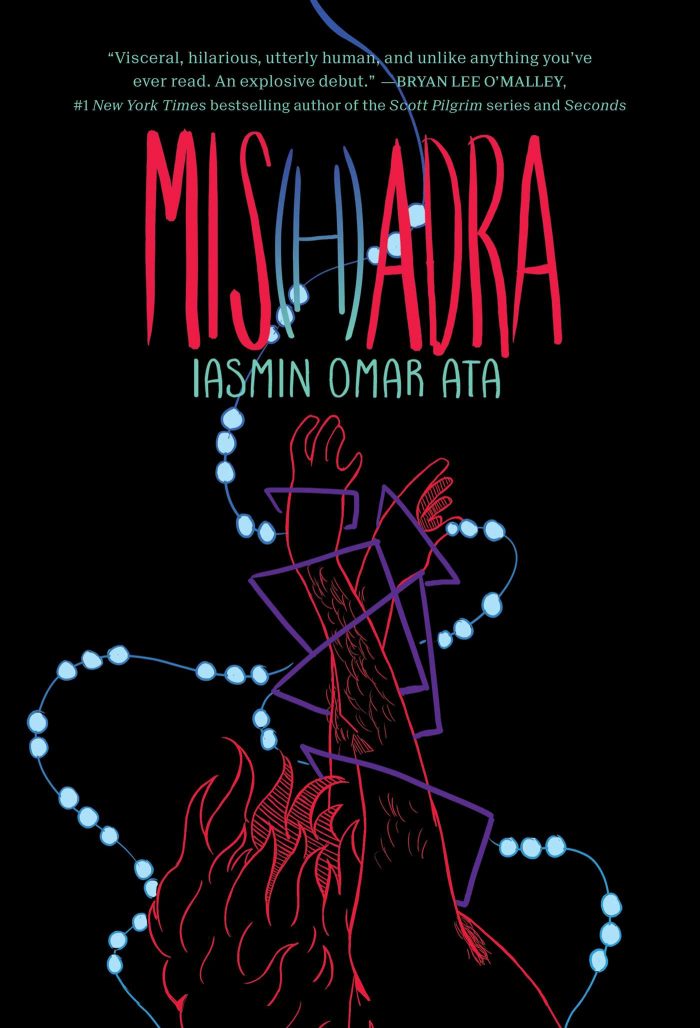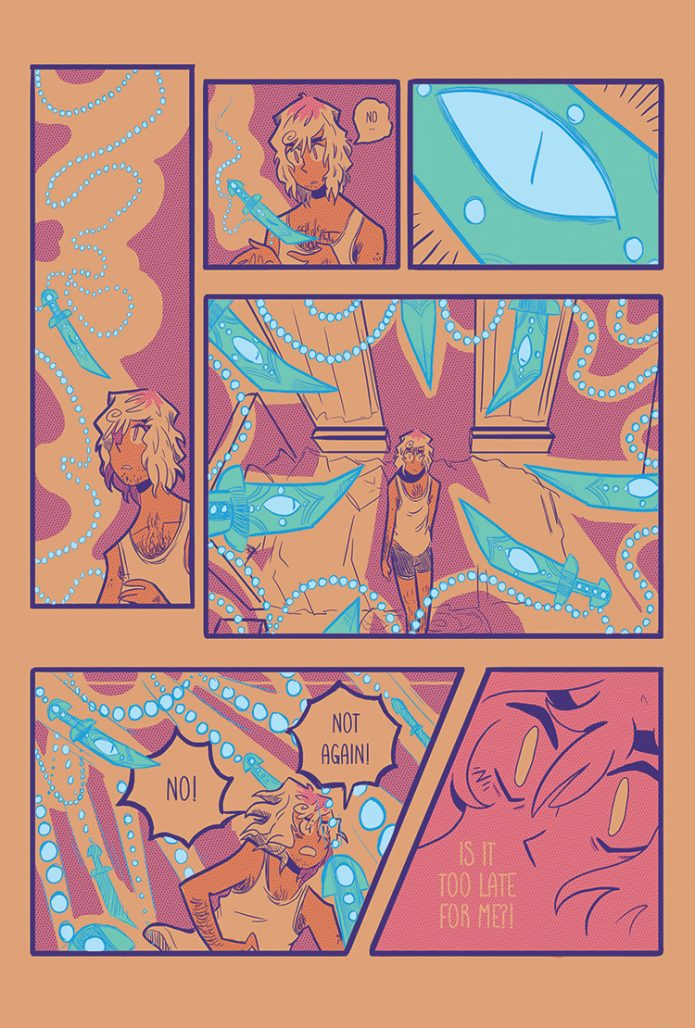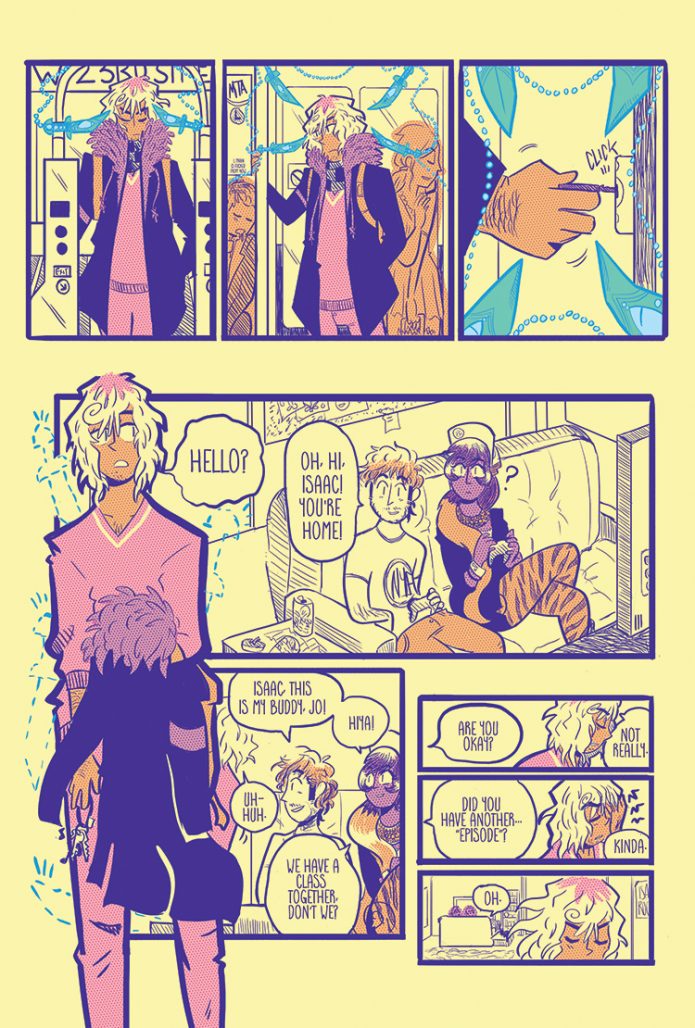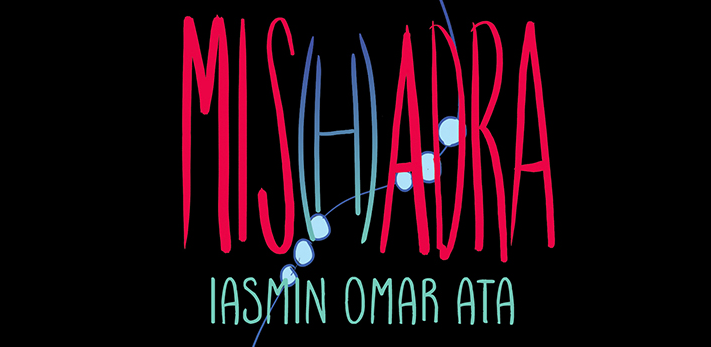
It’s hard for people who don’t suffer from mental health issue to properly explain what it feels like when you’re overcome by the despair of depression. There’s a recurring saying that you should seek help. It’s the right thing to do, to talk about it, to ask for help. It’s also very hard to, even when you know you should. Every fiber of your being tells you you’re worthless, undeserving of help and that drifting is inevitable. Depression is a liar, but it can be a convincing one.
Isaac is a twenty something university student with epilepsy and depression. Early on, during an episode, he falls down in a bathroom and loses an eye. That loss, is difficult, so is trying to get back up and get back to normal. He’s having increasingly more difficulty focusing on school , or going at all. His grades are suffering, so is his social life. He feels alone, that there’s not really anyone who could want to help him, or even just listen to him. There are these recurring allusions to despair. This hopeless notion that things won’t improve that permeates Isaac’s approach to his condition. Even with the support of a new understanding friend, he feels as though things can’t get better. Iasmin Omar Ata weaves this double equation of epilepsy and depression together perfectly throughout the book showing how the struggle of the former contributes to the development of the latter.
Iasmin Omar Ata’s Mis(h)adra received a lot of praise and deservedly so. Their portrayal of epilepsy, how they illustrate it’s influence on their protagonist’s life, how they uses colour and layout to illustrate the traps of illness, whether epilepsy or depression, in which their protagonist exists is remarkable. There’s a few very clever visual tricks they employ to show how deafening it feels. Iasmin illustrates their protagonist in spectacular ways. There’s a stunning passage in which Isaac, our main character, appears in the center of the page, lightning bolts of different size and colours are striking him, the contrast between the colours of the character and that of the bolts is so stark, it makes it seem like he’s in the background and the illness is in the foreground. It was incredibly striking and innovative. A similar trick is used in a different with swords, you can see a sample below.

The triumph of Mis(h)adra is that it manages to educate readers on epilepsy, an illness that’s not easily understood beyond the cliches seen in popular culture. Much like Isaac’s father, we don’t often know what this condition entails. Iasmin Omar Ata is able to properly explain what people suffering from epilepsy go through. This is also thoroughly detailed without ever feeling like the story is getting dragged down in details. Iasmin Omar Ata, who also suffers from epilepsy, manages to use their own experience as a platform to build this story. It’s fiction, but it feels incredibly personal and that contributes to the strength of the comic. They capture the way health and personal problems compound onto each other. There are multiple causes for depression and Mis(h)adra shows how it affects people when they feel vulnerable.
Another thing depression does is tell you you’re a disappointment in waiting. That sooner or later, you’ll let down the people around, or they’ll realize you’re a fraud and it will all be over. It’s terrifying to feel afraid you’re going to lose more when you have already, that feeling like you’re on the precipice. Isaac feels his relationships are on the edge of a precipice, with his girlfriend, his friends and his father. He doesn’t want to feel like a burden, and that perhaps it would be better to not involve her more in his life. His relationship with his father is also difficult as Isaac’s father doesn’t want to admit his son has such a severe medical condition, avoiding the problem rather confronting it. And Isaac for his part feels as though his own body is betraying him and that epileptic episodes are as much a disappointment to him as they are to others. Ultimately, it’s these relationship that offers solace and support when he needs it.
It’s perhaps too simplistic in it’s message. Mis(h)adra is a reminder to go get help, and that mental health is important. Sometimes simple things bear repeating. Maybe this is a year where things get better, whatever it might mean to you.










Comments are closed.